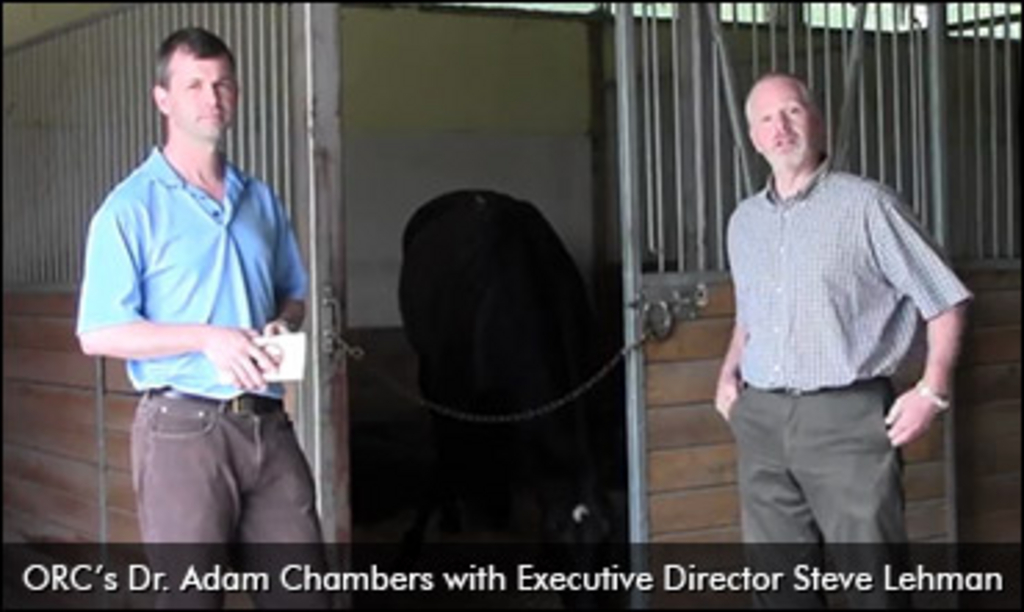Avoiding Inadvertent Positive Tests

 The Ontario Racing Commission (ORC) is reminding licencees to be vigilant when medicating horses.
The Ontario Racing Commission (ORC) is reminding licencees to be vigilant when medicating horses.
In an effort to provide horsepeople with relevant, useful information, the ORC has released its first public YouTube video.
In this new episode, Lehman and ORC Manager of Veterinary Services Dr. Adam Chambers discuss how trainers can avoid inadvertent positive tests. Commencing June 1, the video will be broadcast in-house at Ontario racetracks with the cooperation of ON Track Media Entertainment.
Here is a summary of the video content, as well as more information on how to avoid inadvertent positive tests.
1. Read the CPMA Schedule of Drugs booklet – thoroughly!
Trainers should familiarize themselves with the full contents of the booklet. Go beyond simply reading the drug name and its withdrawal time. Be sure to check the dosage, the route of administration, and how many times the drug was given.
2. Use a reliable source for your medications
Purchase your medications from reliable, recognized sources, such as your licensed ORC veterinarian. Some sources, like some internet sites do not label these products accurately. ORC has tested products ordered from internet sites. While oftentimes the names of these products infer a powerful performance enhancing effect, the true contents of the majority of these products are benign at best and potentially harmful at worst.
Trainers should also be aware of the risks of using compounders. Analysis of some compounded medications revealed drug content that was often quite different than stated quantities.
The US-based Racing Medication & Testing Consortium (RMTC) is cautioning US horsepeople, and shared a report on its website. “Compounding pharmacies are going largely untracked, unregulated and under-inspected by states across America.”
3. Do not “over medicate” your horse
Trainers are urged to minimize the number of drugs given to a horse. For example, if your horse needs an anti-inflammatory, administer only one – not two or three. There are few reliable studies examining how administering multiple drugs will affect individual withdrawal times.
Be vigilant with respect to all ingredients
According to Dr. Chambers, trainers – and veterinarians – should satisfy themselves of the true contents of anything administered to horses prior to racing. “You need to be vigilant with respect to all ingredients. Check the label and ask questions of those dispensing products.”
(ORC)

